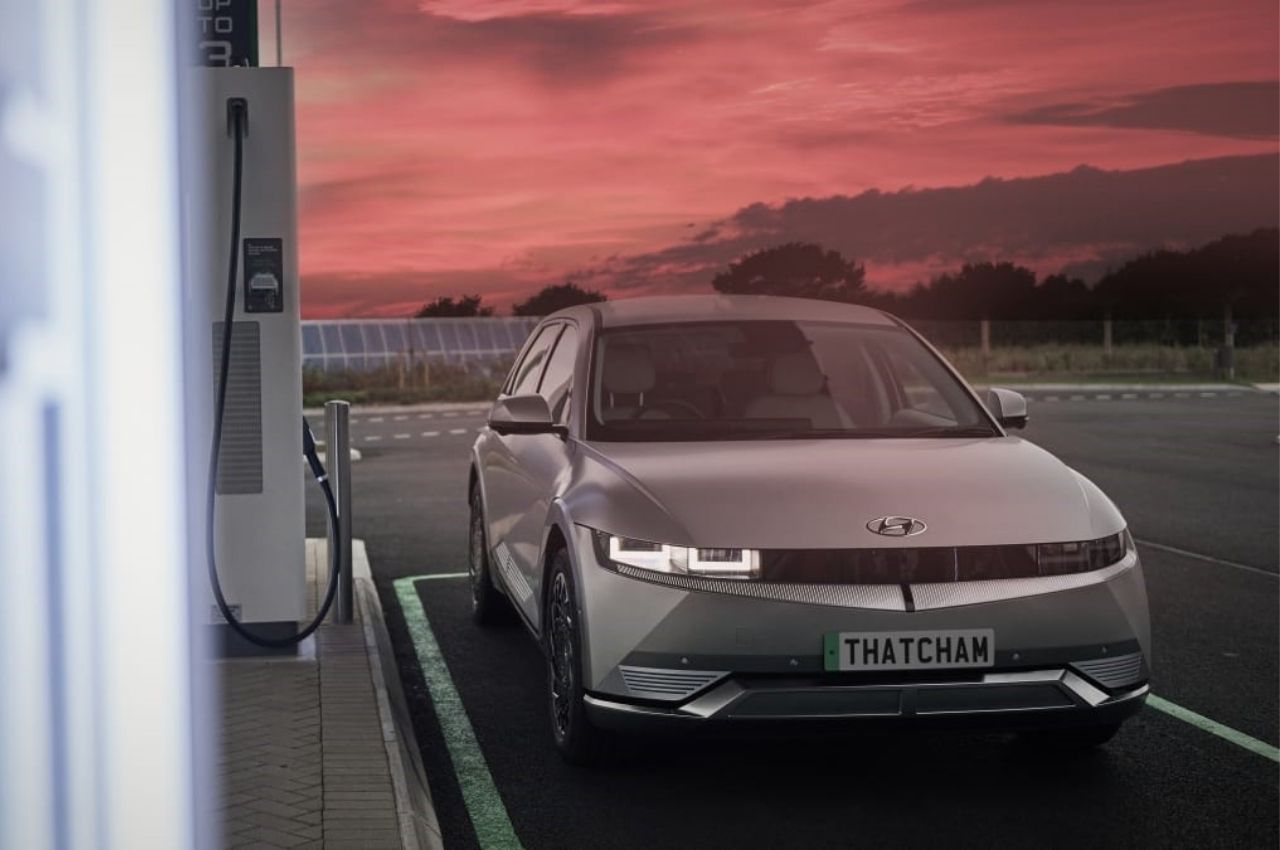The number of battery electric vehicles (BEV) registered in September was only marginally short of the total sold in 2019. The 32,721 new registrations made it the best month ever for BEV sales, accounting for 15.2% of the market.
Uptake is only expected to accelerate though, with Thatcham Research predicting that by 2050 BEVs will make up 95% of the UK car parc. But while this is positive for environmental targets, Thatcham Research has warned that the EV ecosystem is a long way from being prepared for such a dramatic shift in the market.
It said: “Although investment is being poured into charge-point installation, a sustainable ecosystem involves so much more, from vehicle design and repair networks to insurance itself.”
It is encouraging vehicle manufacturers to build repairability into the design of EVs, and says the independent aftermarket should be given greater access to specialist equipment to ensure minor repairs can be completed quicker, saving time lost waiting for the vehicle manufacturer’s proprietary diagnostic equipment.
It also says that every single EV claim should trigger an EV-specific claims journey, ensuring the recovery and repair are carried out by properly trained and equipped technicians.
“At Thatcham Research, we’ve spent decades promoting repairability as a design attribute, but we’re issuing this call with a new level of urgency: Sustainability spearheads government policy, with vehicle electrification playing a leading role. There’s no time for greenwashing: EVs are no longer a novelty, and existing ICE-focused processes are not directly transferrable. From the top down, all EV industry stakeholder organisations must ensure customer expectations of owning, insuring, and repairing an EV can be met—and that the experience can be better than they’re used to with an ICE.
“None of these challenges are insurmountable, and the sooner we can overcome them, the sooner we can help pave the way for the sustainable adoption of EVs.”
















